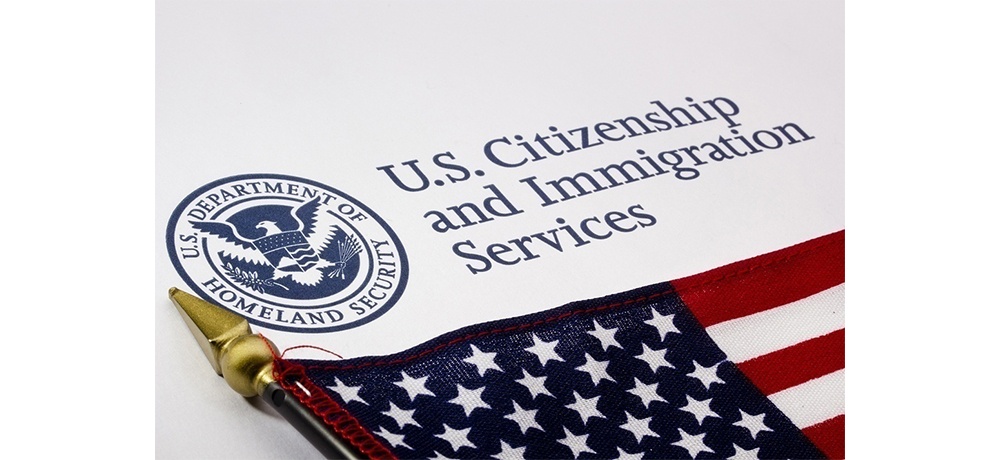
USCIS Announces Public Charge Rule Implementation Date Starts on February 24, 2020
Categories: Attorneys , Business Immigration , Business Law , Citizenship , Citizenship Green Cards , Commercial Litigation , Commercial Transactions , Corporate Law , Green Cards , Immigration Law , International Law , Investment Visas , Law Firm , Lawyers , Legal Services , Real Estate , Software Agreements , Technology Law , Trusts And Estates
Pasricha & Patel
USCIS has announced that the expanded Final Public Charge rules will take effect as of Monday, February 24, 2020, with the exception of the State of Illinois, where the rule remains enjoined by federal court. The new Public Charge rules expand the USCIS’s authority to review factors regarding whether certain foreign nationals will become a public charge by taking into consideration the foreign national’s age, health, income, education and skills, and other factors. And the new rule will define a public charge as a person who is likely to receive any number of public benefits for more than an aggregate of 12 months over any 36-month period of time.
USCIS will apply the Final Public Charge rules to applications and petitions postmarked (or submitted electronically) on or after February 24, 2020. For applications and petitions that are sent by commercial courier (i.e. UPS/FedEx/DHL), the postmark date is the date shown on the courier receipt.
What the new Public Charge Rule means is that for foreign nationals who are seeking permanent residence through adjustment of status processing (‘green card’ process) will need to provide much more detailed information and documentation about their own financial resources and basis of their own financial support before they will be granted lawful permanent resident status. In fact, adjustment of status applicants will need to submit credit history report and credit score, along with proof of health insurance coverage information, as well as other types of financial information and documentation regarding themselves.
The USCIS will not consider certain public benefits received by the applicant before February 24, 2020, when deciding whether the foreign national is likely at any time to become a public charge.
And what the new Public Charge rule means for nonimmigrant applicants who are filing for extension of stay or change of status petitions is that they will need to disclose whether they have received or are certified to receive certain public benefits on or after February 24, 2020. The foreign national must not have received any such public benefits for more than 12 months in the aggregate within the 36-month period since they attained their nonimmigrant status. Otherwise, it would negatively impact their extension of stay or change of status petitions filed with the USCIS.
In the first week of February 2020, USCIS will be issuing updated Forms I-129 (for employment-based nonimmigrant petitions); I-539 (for certain change of status and certain extension of status petitions); I-864 (Affidavit of Support), and I-864A (contract between sponsor and household member affidavit of support). And starting on February 24, 2020, the USCIS will reject any filings that are not submitted using the updated forms.
The implementation of the new Public Charge rule will mean heightened review of each applicant’s own background and circumstances by the USCIS. And the concern shared by many immigrants and practitioners is that these added requirements will deter and even disqualify many foreign nationals who would otherwise be able to adjust to lawful permanent resident status under the previous public charge rules. Under the new rules, many of them may not be able to adjust to permanent resident status due to low income, or they are under skilled, or they are elderly, or the disabled. It should also be noted that this is not the end of the story because several lawsuits are still ongoing at the lower courts that seek to challenge these new public charge rules. And the outcome of those outstanding lawsuits is still unknown.
Therefore, we suggest readers and clients to continue to follow our website for any further updates about this matter. And should you have any specific questions about the new public charge rules and how it could impact you and your petition, we suggest you contact our office to schedule further consultation.